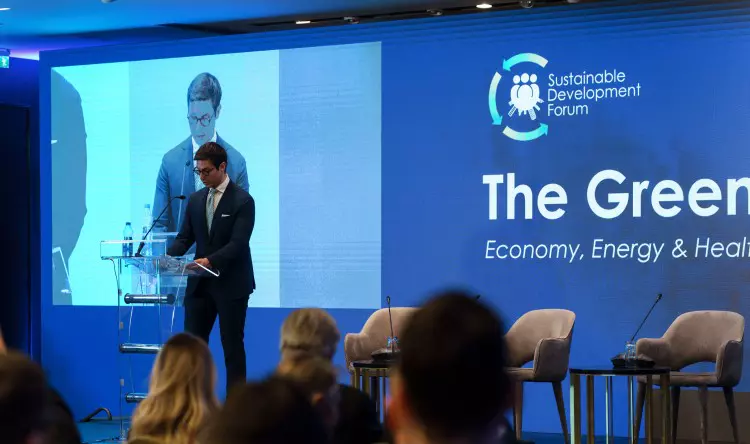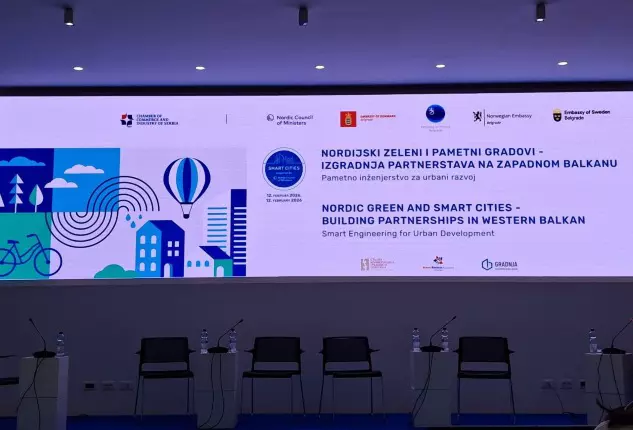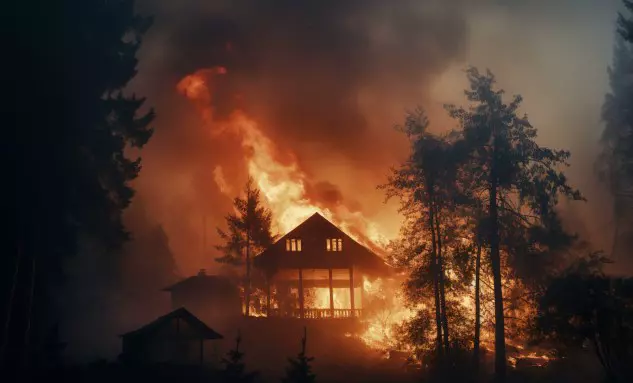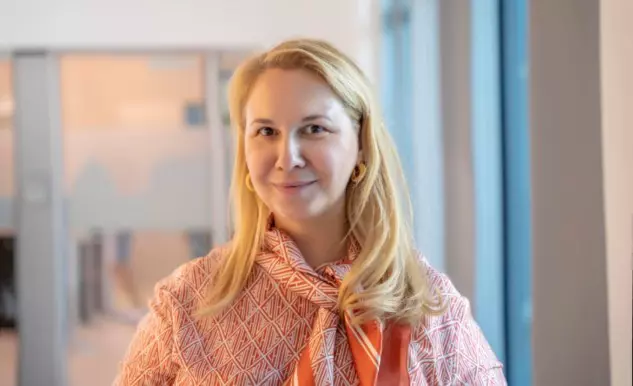The Sustainable Development Forum (SDF) was the first Balkans-based conference to place the SDGs and their implementation at the center of a cross-sector conversation. In 2025 this Balkan regional platform for the SDGs takes up the theme “Competitiveness in Turbulent Times”, and we sit down with Kosta Živanović, President of SDF, to examine how a region shaped by geopolitical shocks, climate stress and fast-moving technologies can translate global goals into local strategy for public, private and civic actors. In this interview, Živanović discusses the Forum’s “energy paradox”, the Western Balkans’ opening in trade and nearshoring, the role of AI and clean tech in sustainable competitiveness, the resilience of food systems, and the ambition to use SDF to connect Belgrade with global thought leadership.
Competitiveness in turbulent times and the energy paradox
This year’s Forum, Balkan regional platform for the SDGs, is being held under the theme of competitiveness in turbulent times. What makes the 2025 edition particularly relevant, given today’s geopolitical, climate, and technological disruptions?
The world feels increasingly unstable, wars, climate shocks, supply chain disruptions, and fast-moving technologies like AI are rewriting the rules. For the Western Balkans, this is not abstract: competitiveness is directly tied to resilience. That is why this year’s theme matters so much. We aim to demonstrate that even in turbulent times, countries and companies can position themselves to thrive, provided they innovate, remain open, and maintain a global perspective.
One of the Forum’s central themes is “the energy paradox.” How do you see countries in the Balkans balancing competitiveness, decarbonisation, and energy security, especially given the region’s reliance on both traditional and renewable energy sources?
It is a balancing act. The region still relies heavily on coal and traditional energy sources, yet there is real momentum for renewables and energy efficiency. The challenge is how to decarbonise without undermining competitiveness or stability. The Forum is designed to explore practical ways forward, learning from global best practices while addressing our own realities.

Supply chains, AI and clean tech: the Balkans’ strategic opening
The agenda also highlights the future of global trade and supply chains. From your perspective, how might the Western Balkans position itself in this shifting global landscape? Can Belgrade emerge as a regional hub for resilient and sustainable trade?
Yes, but only if we play it smart. Global supply chains are fragmenting, and near-shoring is a big opportunity. Belgrade, with its location, connectivity, and talent, could become a regional hub for resilient and sustainable trade. But that requires investment in infrastructure, transparency, and integration with global/EU standards.
Innovation in AI and clean technologies is another focus of the Forum. What role do you see for Balkan countries in adopting and scaling these tools to drive sustainable competitiveness?
The Balkans should not see themselves as passive followers. With strong talent and creativity, we can become testbeds for solutions that combine AI and clean tech, from energy efficiency to agriculture. The Forum’s role is to connect local innovators with global networks, making sure this potential is not wasted.
Food systems, regional identity, and SDF as a global bridge
Food systems and agriculture are under pressure globally. How do you expect this topic to resonate with stakeholders from the Western Balkans, where agriculture remains an important part of the economy?
Agriculture is central to our economies and identities. However, farmers face climate-related risks, rising costs, and pressure to become more sustainable. This is why food systems will resonate strongly, not just as a challenge but as a chance to add value, improve resilience, and build fairer, more sustainable supply chains.
The Forum brings together policymakers, business leaders, and innovators from around the world. What do you hope international participants will take away from Belgrade about the region’s potential?
That this region has potential far beyond the usual narratives. I want them to see Belgrade as a place of talent, ambition, and ideas, not just history and geopolitics. If they leave with new partnerships and a different perspective on the Balkans, then we’ve succeeded.
Looking at the bigger picture, what makes the Sustainable Development Forum different from other international gatherings on sustainability and competitiveness?
Too often, conferences in Serbia have been the same people talking to the same people. What makes SDF different is the global perspective, bringing the conversations that matter in Cambridge, New York, or Beijing here, and opening a window to the world. I first organised the Forum in Serbia in 2016, and then in Cambridge in 2017 while I was a student. The idea was always to professionalise it and aim higher. Today, SDF is about connecting Serbia and the region to global thought leadership, and I see it expanding far beyond Serbia in the years ahead.
You’ve studied and worked in Serbia, China, and the UK. How has this international experience shaped your vision for building platforms like the Forum?
It taught me how different contexts shape solutions, and how important it is to connect them. In China, I saw scale and speed; in the UK, I experienced rigorous debate and long-term vision; in Serbia, I felt the urgency of catching up. The Forum reflects all of that: it is a bridge, connecting places and perspectives that otherwise rarely meet.
What motivates you personally to keep driving these conversations, and what do you hope your legacy with the Forum will be? For me, it’s about doing something meaningful with the skills I have, networking, communications, and bringing people together. I see SDF as my way of contributing something good: creating a platform that didn’t exist here, one that opens doors and raises ambitions. If my legacy is that I helped Serbia and the Balkans connect more deeply with the world and inspired the next generation to aim higher, that would be enough.
Read and watch more interviews here


